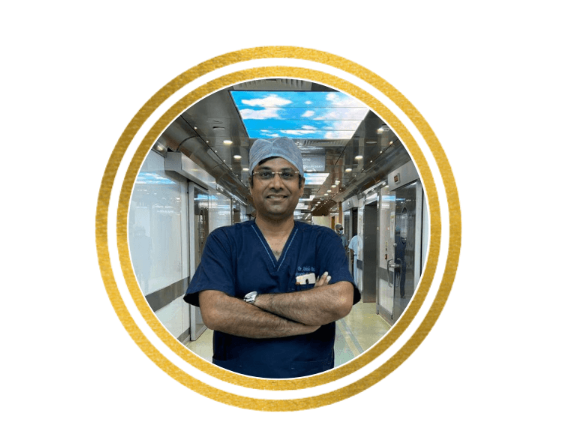
A heart surgeon plays a crucial role in both preventing and treating heart disease. While many associate heart surgeons solely with performing operations, their work extends beyond the operating room. They help patients manage risk factors such as high blood pressure, high cholesterol, and diabetes, aiming to prevent heart disease from progressing.
Importance of Early Detection and Prevention
Heart disease is a leading cause of death worldwide, but early detection and intervention can significantly improve outcomes. Heart surgeons collaborate with cardiologists and other healthcare professionals to identify warning signs before they become life-threatening. By promoting preventive care, they help patients adopt healthier lifestyles, reducing the need for invasive procedures.
Life-Saving Surgical Procedures
When heart disease reaches a critical stage, surgery becomes necessary to restore heart function. Heart surgeons perform a range of complex procedures, including:
- Coronary Artery Bypass Grafting (CABG): A surgery that improves blood flow to the heart by bypassing blocked arteries.
- Heart Valve Repair or Replacement: Essential for treating conditions like valve stenosis or regurgitation.
- Minimally Invasive Interventions: Procedures such as angioplasty help open blocked arteries without the need for open-heart surgery.
By utilizing advanced surgical techniques and cutting-edge research, heart surgeons ensure the best possible outcomes for their patients.
Post-Surgery Care and Long-Term Management
Surgery is just one part of the journey. After an operation, heart surgeons emphasize rehabilitation, lifestyle modifications, and ongoing medical management to support long-term heart health. Patients are encouraged to maintain a balanced diet, exercise regularly, and follow prescribed medications to prevent future complications.
Conclusion
A heart surgeon is more than just a skilled operator—they are vital partners in a patient’s heart health journey. From preventive care to life-saving surgeries and post-operative guidance, their expertise plays a pivotal role in enhancing heart function and improving quality of life.
